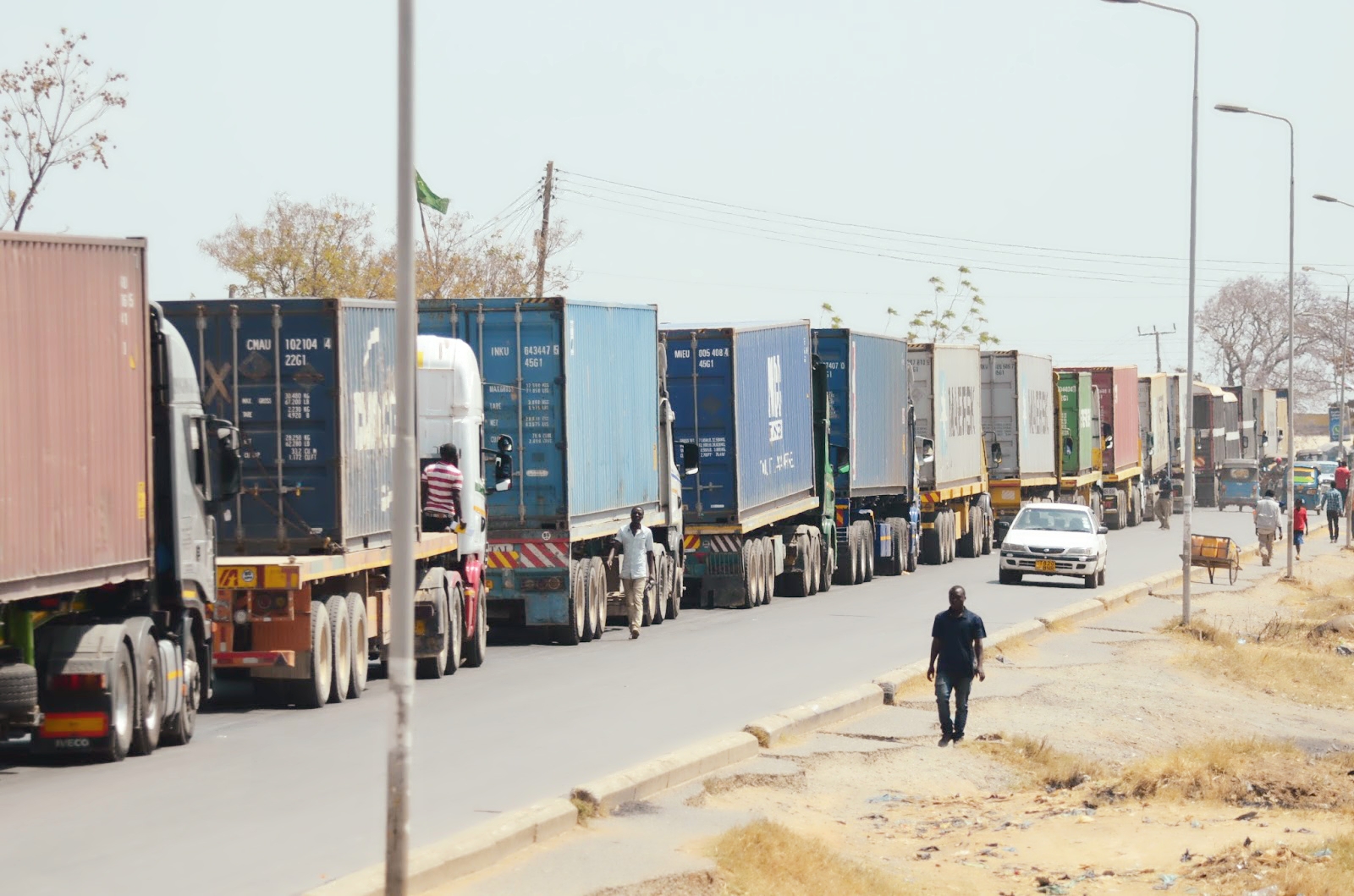Uganda scraps tax on imported rice from Tanzania

What you need to know:
- The development comes two weeks after President Museveni appealed to all the seven East African Community (EAC) member states to remove all non-tariff barriers, saying they were hampering economic integration and development in the region.
Kampala. Uganda has scrapped the Value added Tax (VAT) on imported rice from Tanzania.
The development comes two weeks after President Museveni appealed to all the seven East African Community (EAC) member states to remove all non-tariff barriers, saying they were hampering economic integration and development in the region.
In a July 29 letter addressed to the customs staff, the Assistant Commissioner for Trade at Uganda Revenue Authority, Mr Alexander Rubanda, said all rice originating from Tanzania will attract a zero percent tax duty.
“All rice originating from the Republic of Tanzania and with a certificate of origin according to preferential treatment will effective July 27 attract a 0 percent import duty in accordance with paragraph 1(L) of the third Schedule to the VAT Act and Article 15 of the Protocol establishing the East African Community Customs Union,” Mr Rubanda said.
While addressing journalists in Kampala yesterday, the secretary general of Kampala Rice Traders Association, Mr Robert Ssentongo, commended the government for scrapping VAT of Shs180,000 per tonne of rice, which he said was affecting traders.
Mr Ssentongo also announced that the Parliamentary Committee on Tourism, Trade and Industry had recommended in their report that the Rice and Agribusiness Development Foundation (RADFO) stops collecting money from rice traders at various border points.
The August parliamentary committee report on the alleged unfair trade practices in the rice subsector indicated that RADFO has been conniving with URA officials to fleece rice importers of Shs180,000 per tonne of rice imported from Tanzania compared to Shs4,000, which the traders were paying before.
The committee recommended that civil action be taken against RADFO with the aim of obtaining compensation amounting to Shs17.8b, which was unlawfully and fraudulently collected from the traders.
The Speaker of Parliament on May 5 instructed the Tourism, Trade and Industry Committee to probe the alleged unfair trade practices in the rice subsector following a petition by the traders.
During their investigations, the MPs interfaced with various stakeholders and took a fact finding field visit to Mutukula Border from August 3 to August 6 before coming up with recommendations.
“RADFO has been collecting money from the traders. They have been paying Shs180,000 per tonne of rice in addition to paying withholding tax of 6 percent to URA, when you reach the customs gate, you find the RADFO officials and you pay them Shs180,000 per tonne. A vehicle loading 30 tonnes goes for about Shs5.4 million,” Mr Ssentongo said.
“The Parliament has recommended in their report that RADFO should stop collecting the money from us. RADFO has also been asked to return the more than Shs17 billion collected in the last two months,” he added.
While emphasising the need for East African Community member states to allow free trade recently, President Museveni said: “The other time l told Samia Suluhu (Tanzania’s President) that l had pressure from my inefficient farmers in Uganda who said they had started growing rice. l asked them why they are growing rice. They are now telling me Tanzania is growing a lot of rice, which is cheaper, and that I should put a tax on it. l have told them, don’t tell me that nonsense. If you can’t produce cheap rice, go to Tanzania. There must be free trade,” he said.
According to statistics from the Ministry of trade, Uganda consumes about 300,000 tonnes of rice a year and this demand has largely been supplemented by imported rice.
On April 21, the Minister of State for Trade, Ms Harriet Ntabazi, wrote a letter to the Commissioner of Customs at URA, Mr Abel Kagumire, ordering him to seize clearance of VAT exempt rice imports until further notice. She further informed him that the ministry would subsequently engage them and other stakeholders in regards to the matter in the due course. On April 27, the deputy commissioner for Customs, Mr Julius Mponooka, wrote an internal memo effecting the half of the clearing VAT exempt rice from Tanzania. However, the directive was reversed a week later by Mr Kagumire during his appearance before the committee on August 1, 2022.




